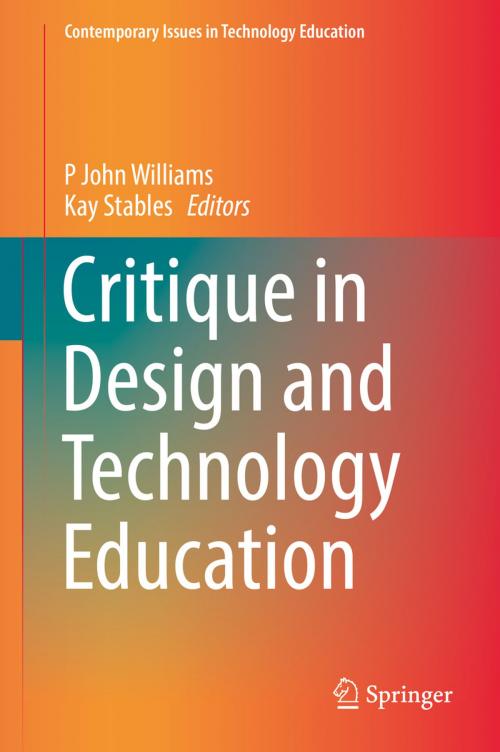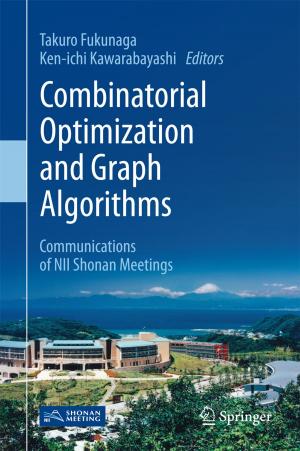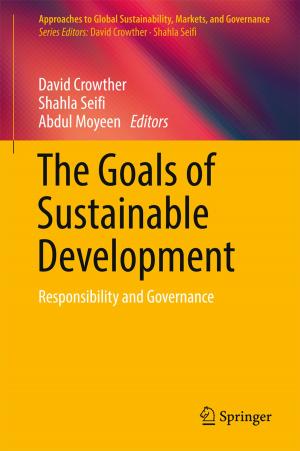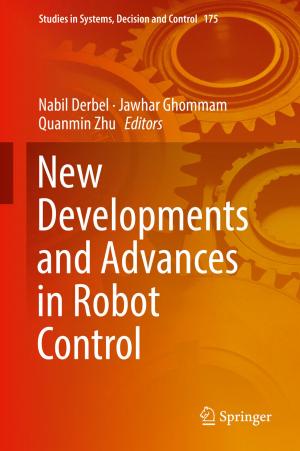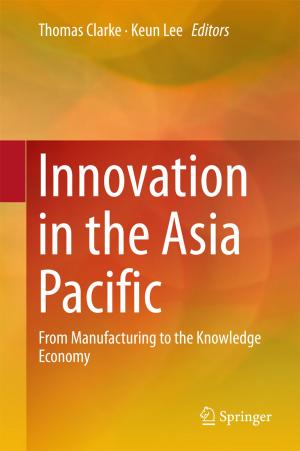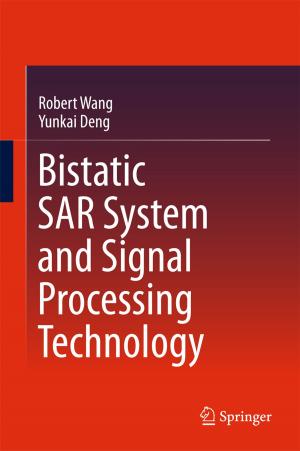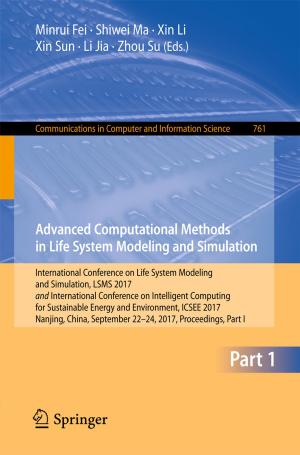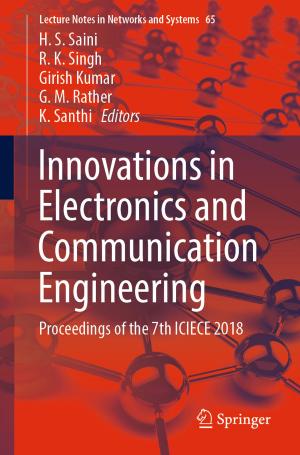Critique in Design and Technology Education
Nonfiction, Science & Nature, Science, Other Sciences, Study & Teaching, Reference & Language, Education & Teaching, Teaching, Computers & Technology| Author: | ISBN: | 9789811031069 | |
| Publisher: | Springer Singapore | Publication: | February 21, 2017 |
| Imprint: | Springer | Language: | English |
| Author: | |
| ISBN: | 9789811031069 |
| Publisher: | Springer Singapore |
| Publication: | February 21, 2017 |
| Imprint: | Springer |
| Language: | English |
This book addresses notions of critique in Design and Technology Education, facilitating a conceptual and practical understanding of critique, and enabling both a personal and pedagogical application to practice.
Critique can be a frame of mind, and may be related to a technology, product, process or material. In a holistic sense, critique is an element of a person’s technological literacy, a fundamentally critical disposition brought to bear on all things technological. This book provides a reasoned conceptual framework within which to develop critique, and examples of applying the framework to Design and Technology Education. The book builds on The Future of Technology Education published by Springer as the first in the series Contemporary Issues in Technology Education.
In the 21st century, an ‘age of knowledge’, students are called upon to access, analyse and evaluate constantly changing information to support personal and workplace decision making and on-going innovation. A critical Design and Technology Education has an important role to play, providing students with opportunities to integrate economic, environmental, social and technological worlds as they develop and refine their technological literacy. Through the design and development of technology, they collaborate, evaluate and critically apply information, developing cognitive and manipulative skills appropriate to the 21st century. Critique goes beyond review or analysis, addressing positive and negative technological development. This book discusses and applies this deeper perspective, identifying a clear role for critique in the context of Design and Technology Education.
This book addresses notions of critique in Design and Technology Education, facilitating a conceptual and practical understanding of critique, and enabling both a personal and pedagogical application to practice.
Critique can be a frame of mind, and may be related to a technology, product, process or material. In a holistic sense, critique is an element of a person’s technological literacy, a fundamentally critical disposition brought to bear on all things technological. This book provides a reasoned conceptual framework within which to develop critique, and examples of applying the framework to Design and Technology Education. The book builds on The Future of Technology Education published by Springer as the first in the series Contemporary Issues in Technology Education.
In the 21st century, an ‘age of knowledge’, students are called upon to access, analyse and evaluate constantly changing information to support personal and workplace decision making and on-going innovation. A critical Design and Technology Education has an important role to play, providing students with opportunities to integrate economic, environmental, social and technological worlds as they develop and refine their technological literacy. Through the design and development of technology, they collaborate, evaluate and critically apply information, developing cognitive and manipulative skills appropriate to the 21st century. Critique goes beyond review or analysis, addressing positive and negative technological development. This book discusses and applies this deeper perspective, identifying a clear role for critique in the context of Design and Technology Education.
